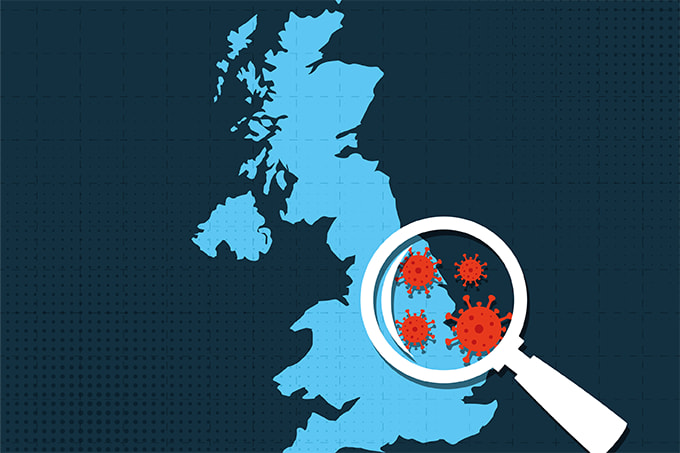Over 2,000 microRNAs have been linked to diseases ranging from brain tumors to Alzheimer’s. A new method uses silver-plated gold nanostars to simultaneously identify multiple microRNAs from tissue samples without the need for labeling or target amplification. The technique could pave the way for more rapid detection of these early disease biomarkers (1).

To treat COVID-19, multiple trials are exploring the use of antibodies that can neutralize the virus. But how do we know they work? A team from New York’s Rockefeller University have developed safer surrogate viruses that allow researchers to track infectivity and measure the success of potential neutralizing antibodies (2).
Could sweat serve as a biomarker source? New research reveals that extracellular vesicles in sweat contain microRNA molecules – and that exercise changes their levels (3). Although sweat’s unique microRNA content means it cannot be treated as a substitute for serum, the discovery may one day lead to noninvasive exercise monitoring.
Autopsies of 22 confirmed deaths from COVID-19 have not revealed the expected signs of myocarditis-induced damage. Rather, patients exhibit distinct patterns of cell death in scattered individual heart muscle cells along with viral infection in the endothelium (4) – challenging the view that severe SARS-CoV-2 infection is associated with myocarditis.
The TYW2 gene’s epigenetic inactivation in tumors was discovered nearly half a century ago – but only now have researchers discovered its cause… and its consequences. A new study shows that TYW2 silencing enhances pro-metastatic features and is associated with decreased survival (5).

References
- BM Crawford et al., Analyst, 145, 4587 (2020). PMID: 32436503.
- F Schmidt et al., J Exp Med, e20201181 (2020). PMID: 32577658.
- S Karvinen et al., Front Physiol, 11, 676 (2020). PMID: 32760282.
- SE Fox et al., Circulation, [Epub ahead of print] (2020). PMID: 32689809
- M Rosselló-Tortella et al., Proc Natl Acad Sci USA (2020). PMID: 202003358.




